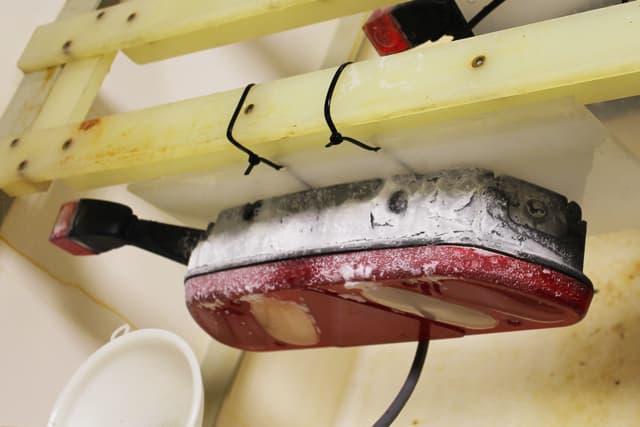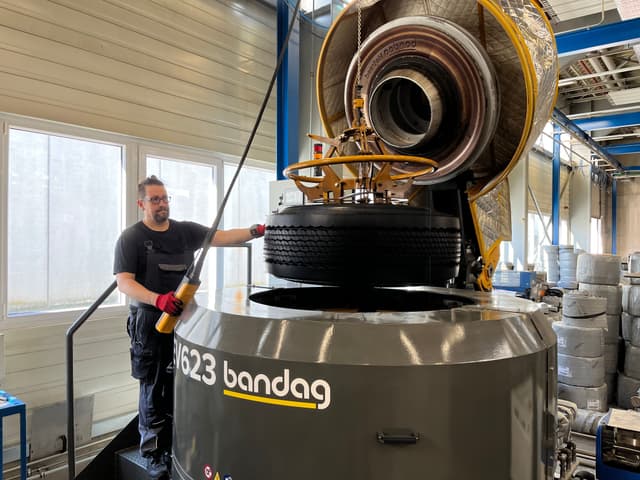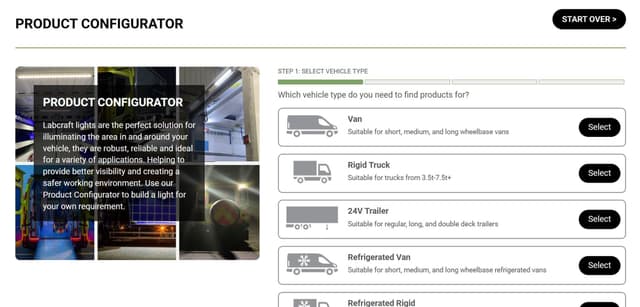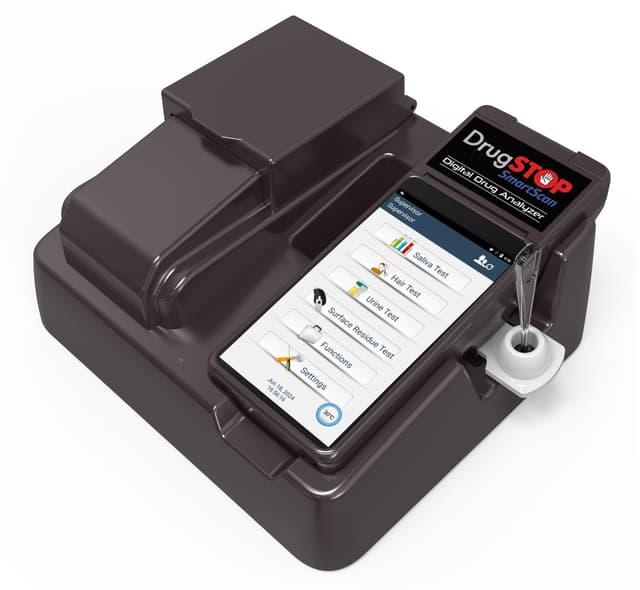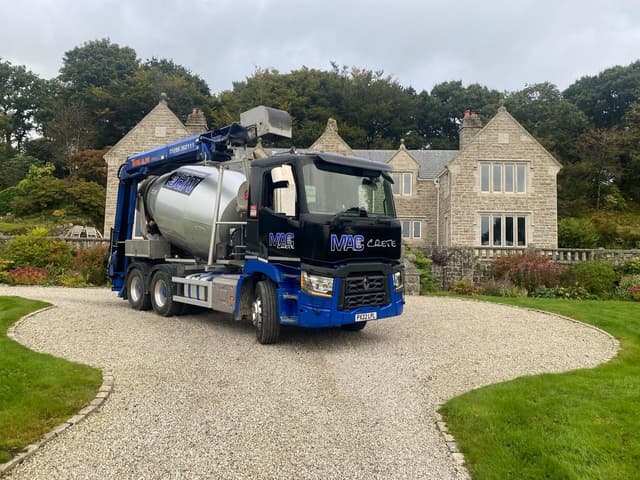New guidance addresses operational concerns regarding workplace challenges and disruption linked to drug and alcohol testing.
Cocaine now accounts for 44% of positive workplace drug tests compared to just 19% for cannabis, according to 2024 data*, marking a significant shift in substance abuse patterns that transport companies must address. D.tec International has released implementation guidance to help operators respond to this evolving threat while managing operational demands.
The urgency is reinforced by the most recent Operation Limit campaign data showing 42% of roadside drug tests returned positive results, with drug-related arrests running three times higher than alcohol-related arrests. These figures highlight why transport operators can no longer rely on induction-only testing approaches.
However, the primary barrier preventing comprehensive testing remains operational disruption. Fleet managers managing tight delivery schedules across multiple sites worry about extended driver standdowns and workflow interruption. The new guidance addresses these concerns with practical strategies that integrate testing into shift changes and scheduled breaks rather than requiring dedicated facilities.
Robust testing technology can fundamentally change the implementation equation. Results can come back in 3-5 minutes using non-invasive saliva and sweat samples, with collection taking under 60 seconds. This speed means companies can conduct testing without pulling resources from core business functions.
The financial stakes make these operational solutions critical. Without drug and alcohol testing, companies can face unlimited fines under Health and Safety legislation, with corporate manslaughter legal costs potentially exceeding £1.8 million.
"The question isn't whether to test, but how to do it without stopping operations,"
said a D.tec International spokesperson.
Beyond legal risks, the guidance reveals that comprehensive testing is becoming a competitive differentiator. One multi-site operator discovered their proactive approach impressed external ISO 45001 auditors and helped win contracts against larger competitors. Premium clients now demand detailed testing protocols during tender processes.
The guidance also tackles the complex legal landscape HR directors must navigate. This includes balancing employer duty of care with employee privacy rights, managing union consultation requirements, and maintaining compliance across England, Scotland, Wales, and Northern Ireland's varying regulations.
Current workplace statistics make the case for action urgent. Alcohol misuse causes 17 million lost working days annually, and 70% of substance abusers work full-time. Most concerning for operations: 22% of employees admit making mistakes at work due to hangovers, a risk that induction-only testing cannot address.
To manage these challenges without operational chaos, the guidance recommends phased implementation. Starting with random and for-cause testing allows companies to build internal competency before expanding to comprehensive programmes. This gradual approach reduces risk while ensuring thorough preparation.
"Success depends on viewing testing as operational excellence, not compliance burden,"
the spokesperson added.
"Companies that integrate testing properly enhance rather than hinder their capabilities."
For the full implementation guide, visit:


